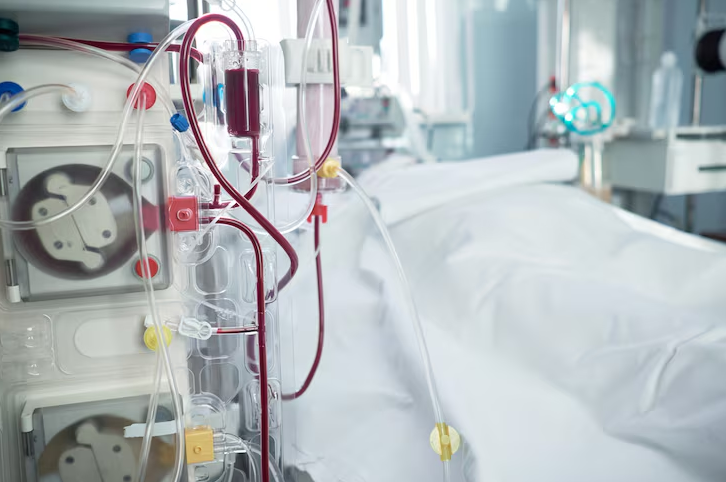Dialysis is not left out in this technologically oriented modern world. As knowledge in the medical sphere improves, the needs of patients change, and care providers must keep pace with them. Dialysis has undergone a transformation, where more emphasis is now put on comfort, choice and wellbeing in modern care by patients with kidney failure. Patients today demand greater control over their care and clearer instructions from care teams. To address such expectations, healthcare professionals must learn about novel developments, be innovative, and collaborate closely with patients. It provides pragmatic observations to help providers support safer, more flexible, and patient-centred services within a health system that is still evolving further.
What are the Trends That are Shaping the Future of Dialysis Equipment?
Here we outline essential trends shaping the future of dialysis care.
Understanding Changing Patient Needs
A good number of dialysis patients nowadays are co-morbid. What patients need is emotional health support, as well as clear information on their options and routines with which they feel comfortable. Individualised care plans make patients feel self-empowered and can encourage long-term health. Teams in healthcare are asked to pay attention and focus care on the specific aims of each patient, so that every patient feels their experience is more attentive and appreciative.
The Role of Technology
Advances in technology are making dialysis more accessible and efficient. Portable systems and smart tools now support treatment outside hospital settings. In particular, the development of dialysis machines for home use enables many patients to receive care in a familiar environment.
These systems can decrease travel costs and the risk of infection, and provide more independence to patients. Another benefit of using dialysis equipment correctly is the opportunity to monitor health conditions and respond to them more quickly. Providers should ensure that employees receive training on new equipment, and patients are encouraged to use it.
Growing Focus on Home Dialysis
In home-based dialysis, there is increasing interest, which is largely due to patients’ growing preference for this option, driven by its comfort and flexibility. Nevertheless, home therapy would only be effective with careful planning and support. The providers must evaluate the suitability of patients for dialysis at home, provide transparent education, and implement safety measures. It is also successful in training patients how to use a dialysis machine well. Additionally, the use and care of dialysis equipment at home should be included in regular care and safety follow-up.
Working Together Across Services
Dialysis is a key component of integrated care. Having doctors, nurses, dietitians, and mental health professionals unite makes the support system for patients even better. Shared decision-making and ease of communication among services can help eliminate delays and enhance positive outcomes. With integrated care, patients will be better equipped to adhere to treatment plans, schedule appointments, and live more satisfactorily.
With a focus on innovation, quality and person-centred care, Arivation Healthcare delivers tailored solutions to strengthen dialysis services. Their expertise enables healthcare teams to adapt to change and enhance patient outcomes. Discover how Arivation Healthcare can help you on your path to more effective and modern dialysis care.

